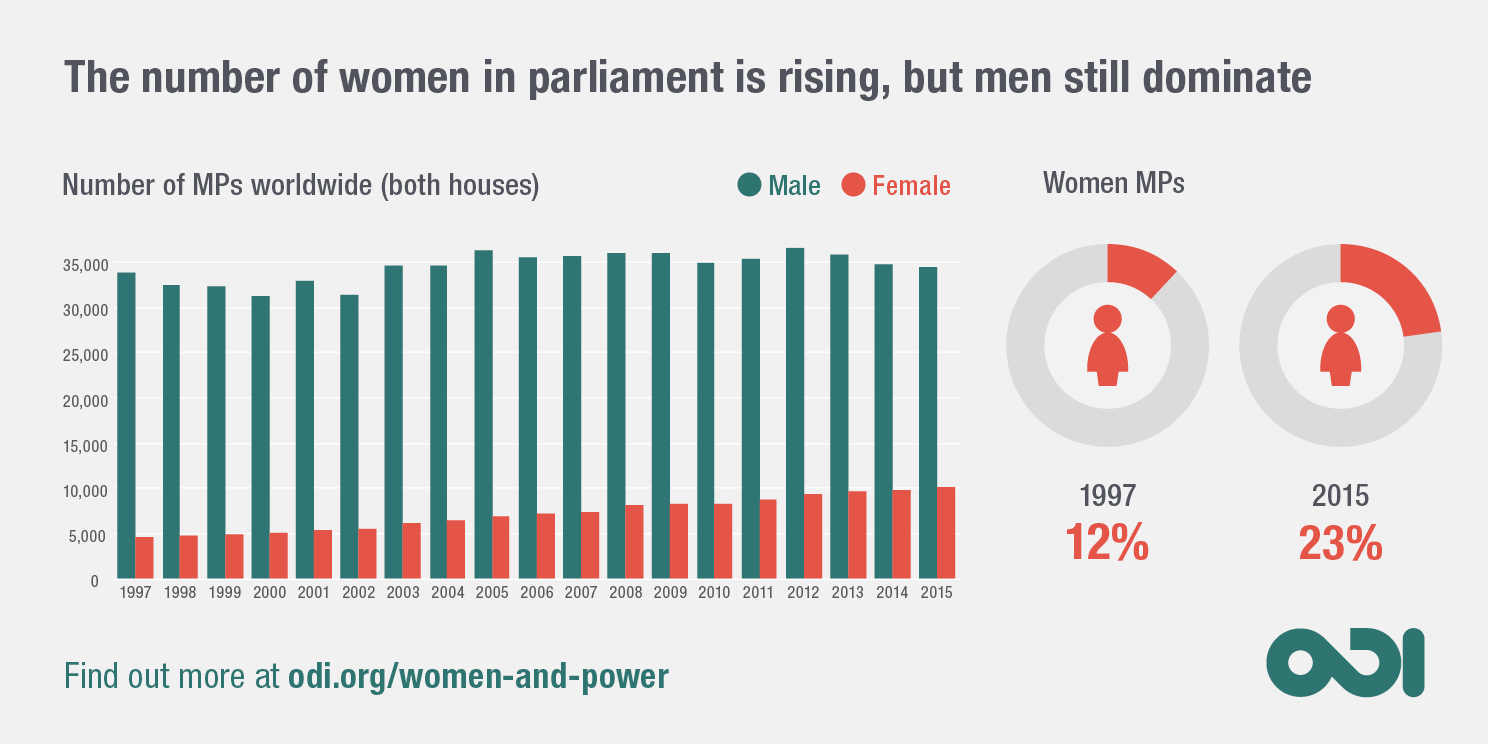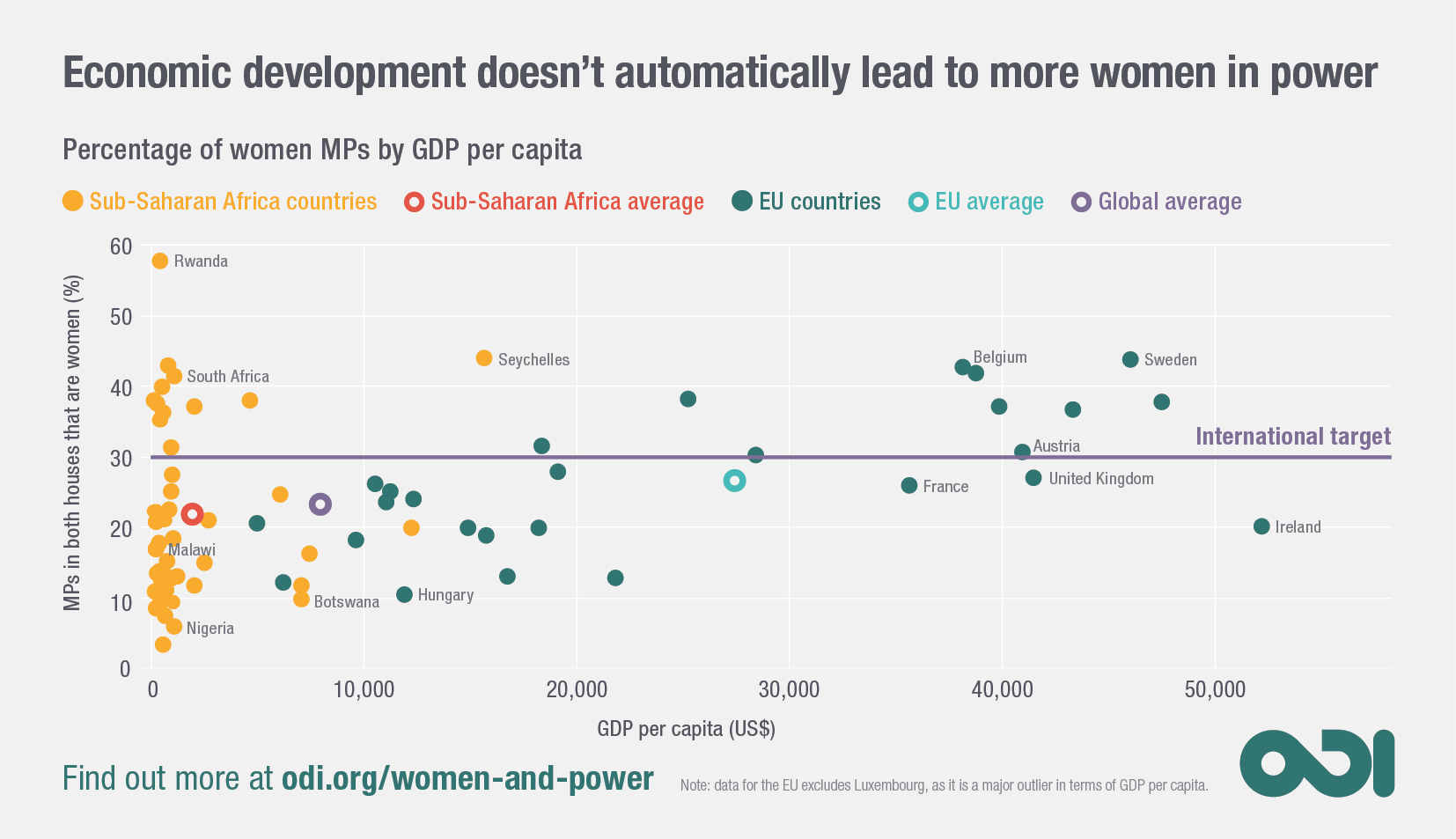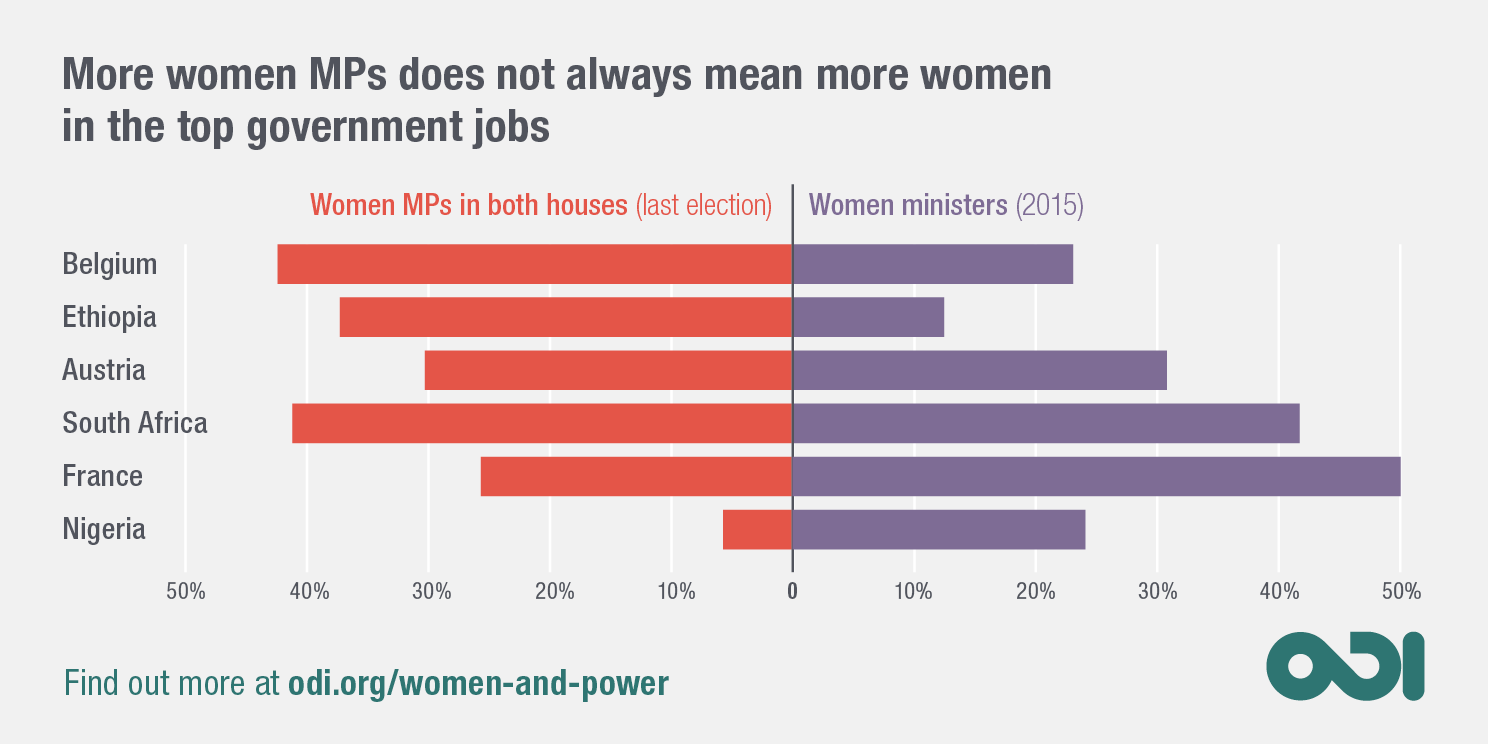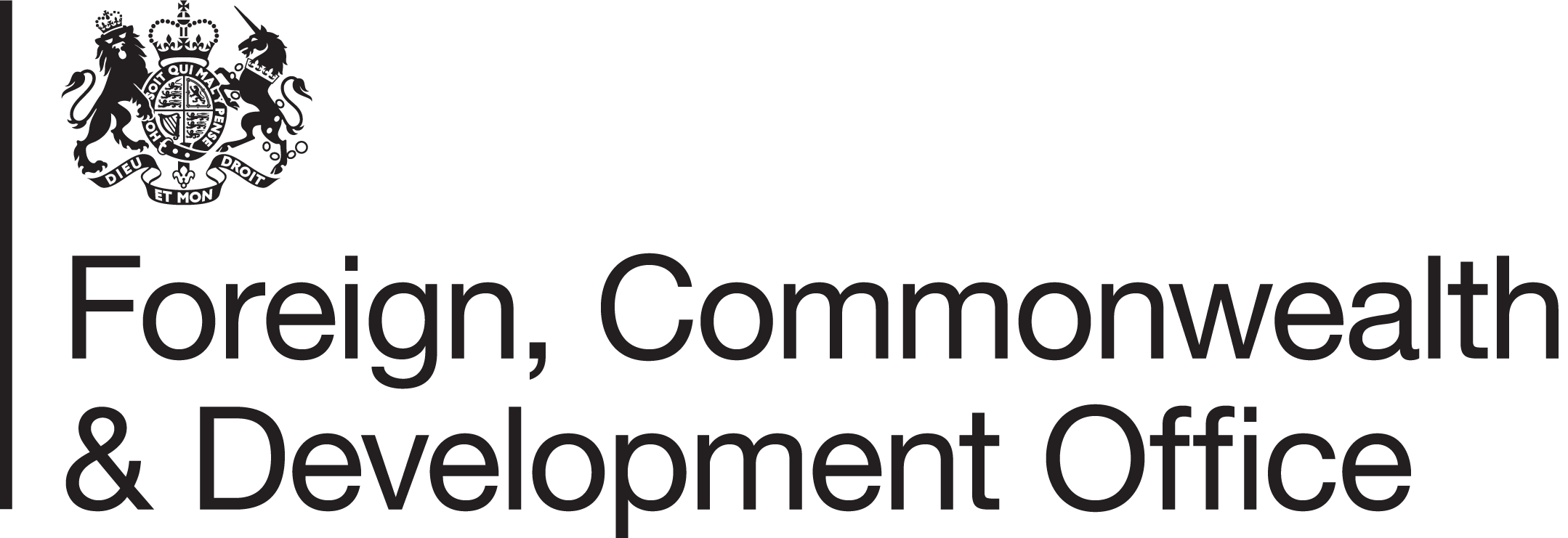Women and power: overcoming barriers to leadership and influence
Around the world, women now have more power than ever before. Men still dominate decision-making -- but the number of women is on the rise in parliaments and cabinets, judiciary and police forces, formal employment and education.
Increasing the number of women in political and public positions is important, but does not mean that they real power. Women in public life are often subject to sexism and prejudice. Women are less represented in the sectors and positions with the most power.
This two-year research project on women's voice and leadership in decision-making, funded by DFID, set out to understand the factors that help and hinder women's access to and substantive influence in decision-making processes in politics and society in developing countries. The project also considered whether, as is often assumed, women's leadership advances gender equality and the wellbeing of women more broadly.
Infographics
The number of women in parliament is rising, but men still dominate
Economic development doesn't automatically lead to more women in power
More women MPs does not always mean more women in the top government jobs
Staff
-
Pilar Domingo
Senior Research Fellow
-
Rebecca Holmes
Research Associate
-
Joseph Wales
Research Fellow
-
Tam O'Neil
Research Fellow
-
Craig Valters
Research Fellow
-
Clare Cummings
Research Associate
-
Aoife McCullough
Research Associate
-
Nicola Jones
Principal Research Fellow



